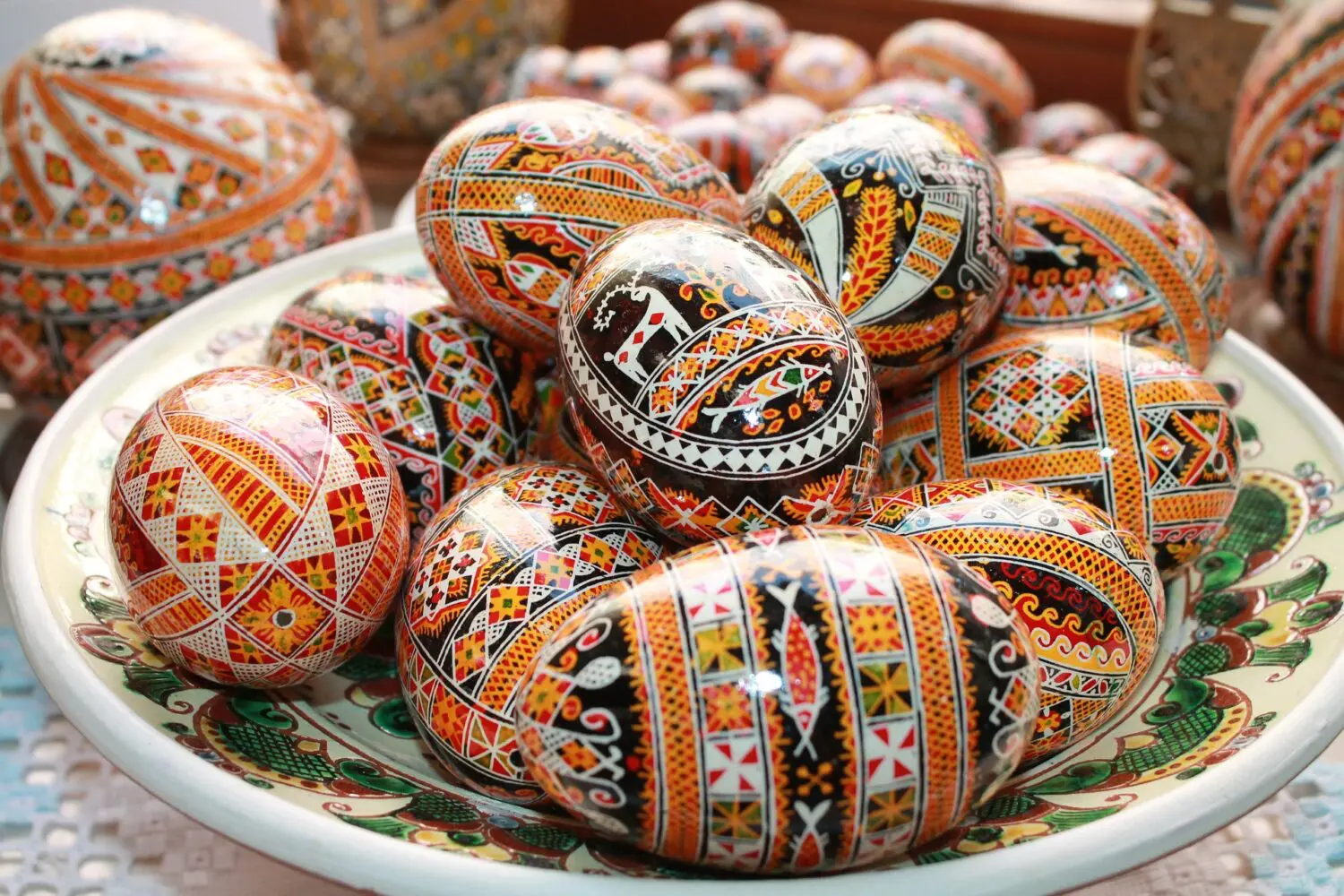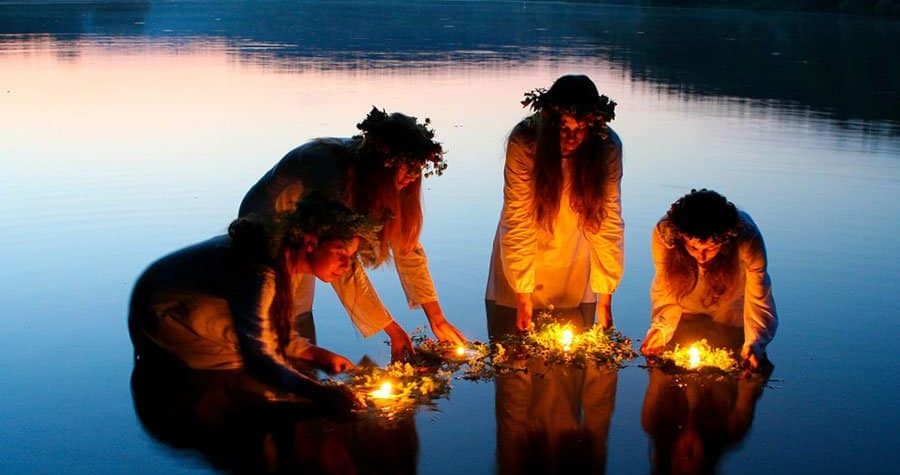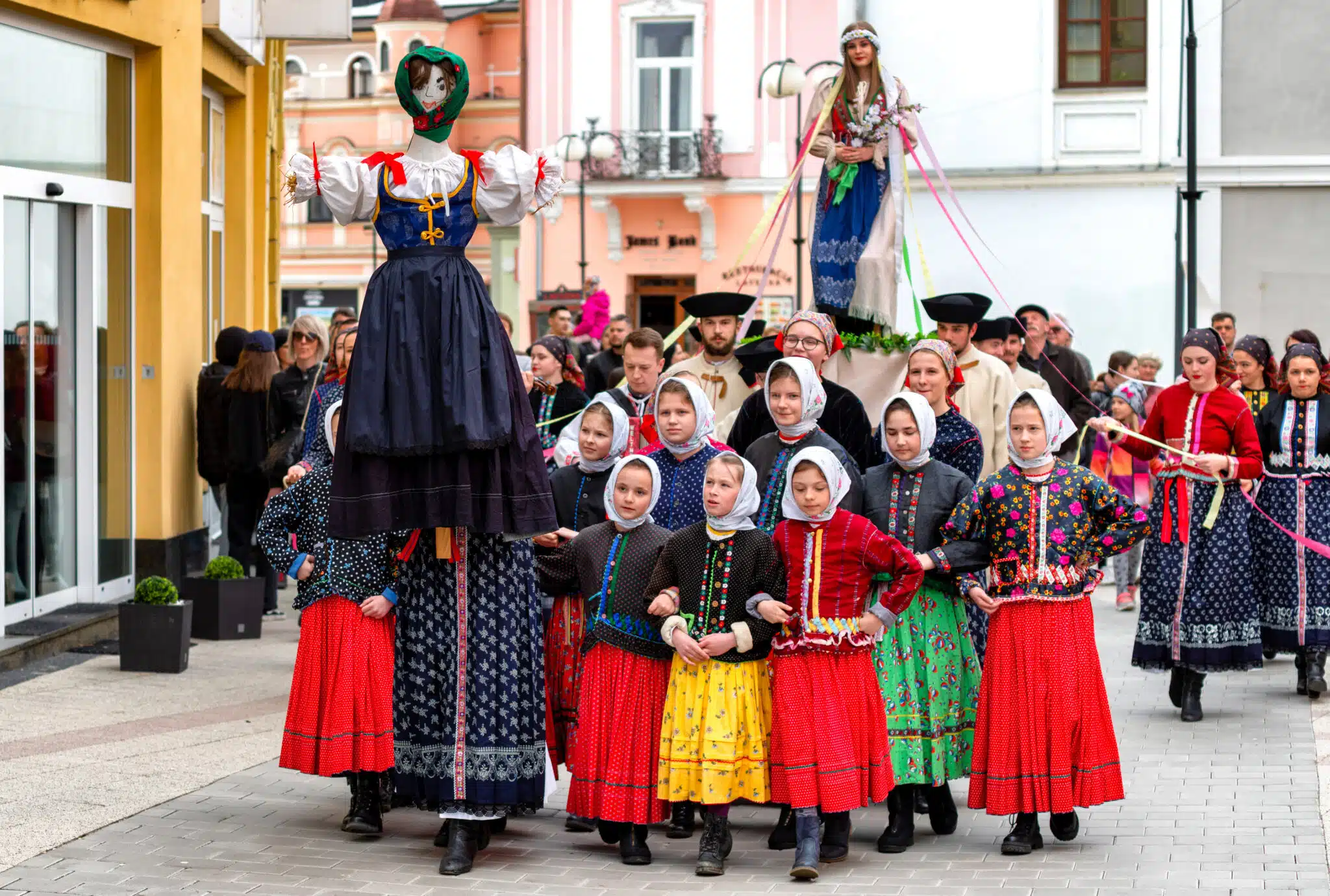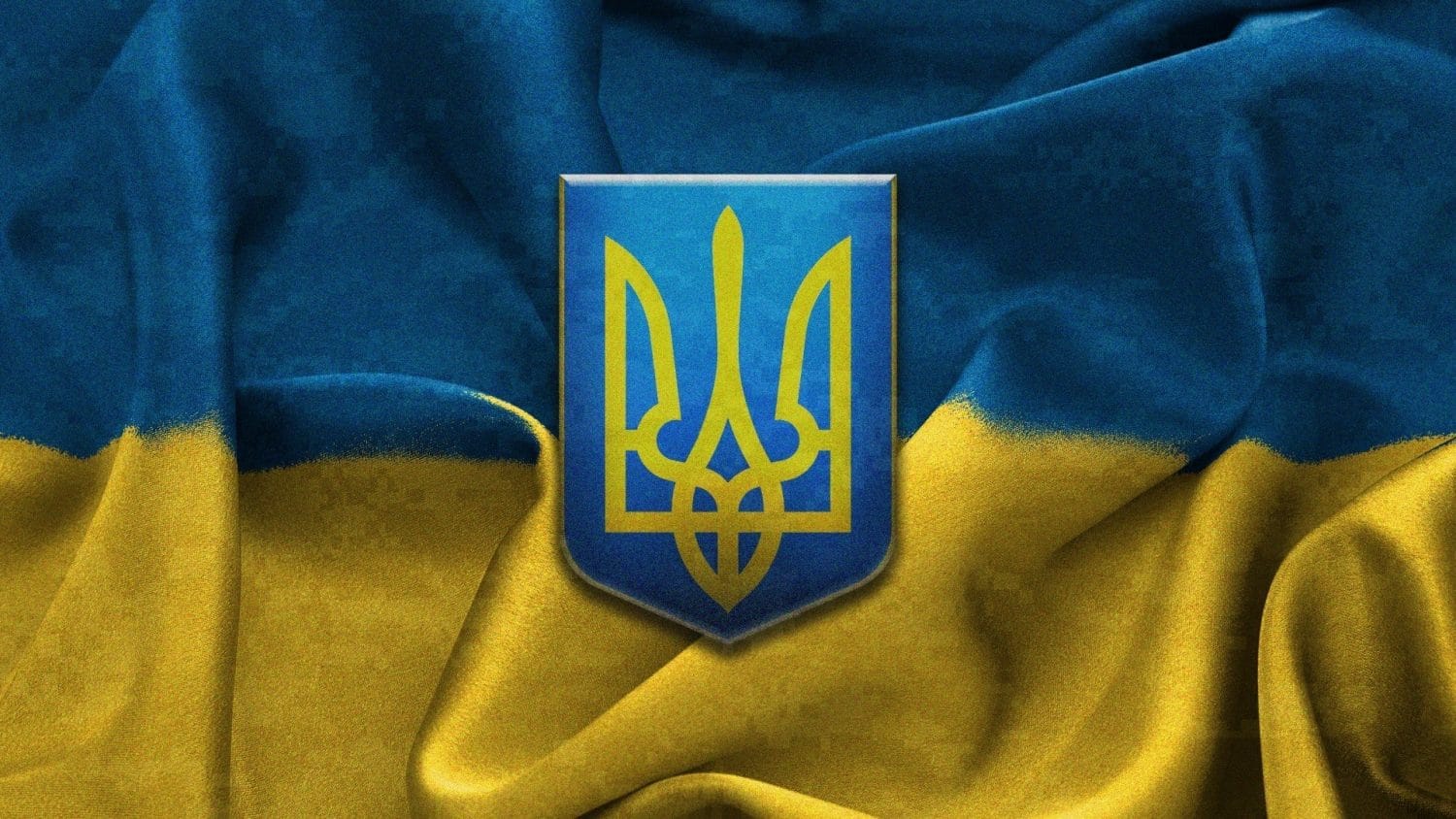The following is a short Russian MiniLesson concentrating on the differences between Russian and Ukrainian. Words and phrases below (but not letters) shown in bold have annotation. Just hover your cursor over the text to see the annotation. Interested in really expanding your knowledge of the Ukrainian language? For a deeper learning experience, see these online and study abroad experiences from SRAS!
Lesson on How Russian and Ukrainian Differ
For more on this subject in English, click here!
Украинский язык – один из наиболее славянских языков в мире. Кроме Украины, его можно услышать в странах Европы, Канаде, Австралии и даже в Бразилии и Аргентине. Немало говорящих по-украински и в США – например, в округе Кук штата Иллинойс, где украинский входит в число самых используемых языков и имеет полуофициальный статус.
Если вы уже немного говорите по-русски, то украинский язык . И действительно – у двух языков есть немало сходств, на каждом из уровней их организации. Давайте немного поговорим как об этих , так и о , которые делают украинский язык уникальным и интересным для изучения.
Известно, что изучение языка начинается с алфавита. И русский, и украинский языки используют кириллический алфавит – но с небольшими отличиями. К примеру, в русском языке есть буква Ё, а в украинском ее нет, но есть буквы Ґ и Ї. Отличается и похожих букв – так, в украинском буква И будет читаться как русская Ы [y], а для передачи звука [i], украинский язык использует латинскую букву I. E.g. Инна – Inna. Еще одним отличием украинского языка будет отсутствие , которая часто происходит в русском. Cf. Оксана – [Oksana] (русский), Оксана – [oksana] (украинский). А значит, можно писать слова так, как ты их слышишь.
Лексика украинского языка очень близка к русской и белорусской, что также может помочь при общении с украинцами. Многие слова совпадают целиком (например, банк, сад, парк, брат и др.), а другие – отличаются одной или несколькими буквами (сок – сiк, свежий – свiжий, возьмите – вiзмiть).
В грамматике обоих языков также много общего – и там, и там и изменяются по родам, числам и падежам, а для есть три основных времени – настоящее, прошедшее и будущее. Но и здесь можно отметить оригинальность украинского языка – важную роль в нем играет так называемый звательный (вокатив), который почти не сохранился в русском. Cf. Привет, Том! (рус.) – Привiт, Томе! (укр.); Как ты, Джек? (рус.) – Як ти, Джеку? (укр.) Интересно и то, что в украинском языке больше форм будущего времени – их целых три. Cf. Я прочитаю книгу (рус.) – Я прочитаю книгу (укр.), но Я буду читать книгу (рус.) – Я буду читати книгу/Я читатиму книгу (укр.)
Каждый язык несет в себе культуру и историю своего народа. Благодаря этому, в некоторых случаях можно отследить или их . Так, если мы посмотрим на украинские названия , то обнаружим, что они отличаются от современных русских, но при этом очень близки к польским. Cf. февраль (рус.) – Лютий (укр.) – Luty (польск.)
Изучив украинский, вы сможете поездками в Киев, Львов, Одессу и другие важные и интересные города Украины. А если вы уже знаете русский, то это обязательно поможет вам в процессе.
Interested in really expanding your knowledge of the Ukrainian language and culture while also practicing your Russian skills? For a deeper learning experience, see these online and study abroad experiences from SRAS!
Listening Comprehension
2. По словам ведущей, все, кто изучал украинский, считают и его… (каким?)
Эмоциональным, живым, приятным на слух, легким и ритмичным.
3. Какой порядок слов в украинском языке?
Свободный.
4. Сколько падежей в украинском языке? О каком падеже ведущая рассказывает отдельно?
Семь падежей. Ведущая рассказывает о звательном падеже (вокативе).
5. Какую крылатую фразу упоминает ведущая в конце видео? Как бы вы перевели ее на свой язык?
Сколько языков ты знаешь - столько раз ты человек.
Additional Resources for Understanding Ukrainian

Ukrainian Holidays 2026: A Complete Guide
Ukrainian holidays are a reflection of Ukrainian’s recent political history and shifting identity. They feature a range of secular and religious holidays. Some holidays have been celebrated for thousands of years and some, particularly patriotic and Western-influenced holidays, have been recently added to the line up. See below for descriptions of these Ukrainian holidays, their […]

Kupala: Ancient Slavic Midsummer Mythology and its Modern Celebration
Kupala is an ancient Slavic holiday celebrating the summer solstice, or midsummer. Once part of a series of annual rituals, it marked and was believed to sustain agricultural cycles—essential to early human survival. Held as vitally important, these pagan traditions remained deeply rooted even after Christianization, technological change, and centuries of oppression tried to dislodge […]

Kulich, Paska, Nazuki: The Easter Breads of Eastern Christianity
Easter breads such as kulich, paska, choreg, and nazuki are delicious Easter traditions. Easter is by far the most important religious holiday for those practicing Eastern Christianity. In addition to church services and egg dying, the holiday is also marked across the cultures by ritual bread baking. Despite the wide geographic area covered by Eastern […]

Maslenitsa, Masliana, Meteņi: Spring Holidays of the Slavs and Balts
Rites of welcoming spring and saying goodbye to winter are some of the oldest holidays preserved across Slavic cultures. In the Baltics, the celebrations were nearly lost after being suppressed by Catholic and imperial dominance. Today, Russia’s Maslenitsa is by the far the best-known, but multiple versions exist across the diverse Slavic landscape. In the […]

Pierogi, Pīrāgi, Varenyky: A Tour of Pastries and Dumplings
The dumplings and pastries of Europe’s northeastern flank have a story to tell. Their recipes, etymologies, and related traditions are intertwined in a complex historical knot. There are so many ancient connections that it is almost impossible to say which influenced the next. And yet, each dish is held up as a unique and integral […]





